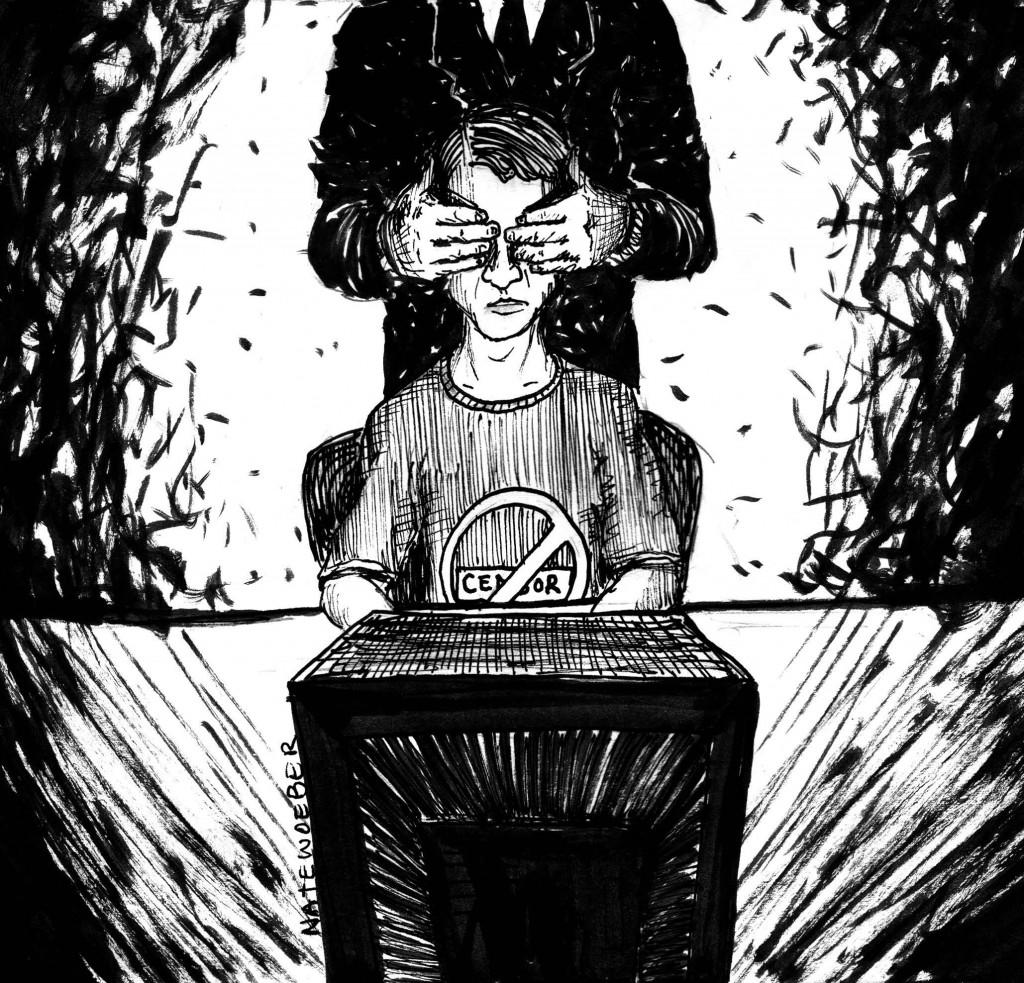By Shelly Williams/editor-in-chief
Addiction — the word haunted me for five years.
I have the track marks to prove it. I was 15 when I started.
There’s nothing but scar tissue on a segment of my left arm. A few burn marks and darker lines on my right. And my thighs and legs, they’ve seen better days.
My name is Shelly Williams. I was a cutter.
I’m not any different than a normal human. I’m not crazy. I wasn’t suicidal. I simply didn’t know how to communicate the pain, stress and emotions that often overwhelmed me when I was younger.
I simply needed help.
I simply needed someone to really listen. And there’s a difference between hearing a person and really listening to someone.
It’s ironic that I’m now working in the communication field, but my journey with self-injury is just a part of what has made me who I am today.
“You are who you are because of where you were when,” my psychology teacher in high school always used to say. That stuck with me during my recovery process. It’s one of the many things that helped me move past it and accept who I was.
I’m not anyone special. I just have a past. Who doesn’t? I’m not someone who can give good advice, just someone with a voice. And today, I’m just asking others to, again, really listen.
One in five college students from two Ivy League schools self-harm in some way, according to surveys at both Cornell and Princeton. But this isn’t an issue that affects only Ivy League students. It isn’t something people do just for attention. It isn’t something that affects only teenagers.
It’s not a fad. And it does, indeed, affect students here.
No, I wasn’t a drug addict. I wasn’t an alcoholic. But this was just as real as any addiction I’ve read about. People with an addiction do not have control over what they are doing, taking or using. It’s very much a person not getting enough of what they don’t want.
For me, it had reached that point. The urges to harm myself became so controlling sometimes that I’d grab whatever I could find. Even if I was in a store and the impulse snuck up behind me, I’d have to find a way to get my “fix.” And when I went through recovery, I had had my own form of horrible withdrawal — my skin screaming at me when urges were present. But I had to learn to control my impulses.
Because of this, I have close to 200 scars on my body. You wouldn’t see it from a glance. I keep them well hidden. But that urge — that thought of harming myself — never goes away. It’s always lurking in the back of my mind.
To those who think me sick or see me differently for this, so be it. But the unwillingness to try and understand a difficult situation doesn’t solve anything. It only makes it more difficult for those who struggle with addiction, of any form.
I say all of this to let others know that even though it’s there, addiction is possible to overcome.
And to those who know someone struggling with self-harm, don’t force him or her into recovery. That can sometimes only backfire, making the person want to do it more. You can’t help someone who doesn’t want help, but you can provide support and patience.
I was lucky enough to have that support, but not everyone is, so help where you can.
And listening is key. Sometimes, that’s all it takes.

























